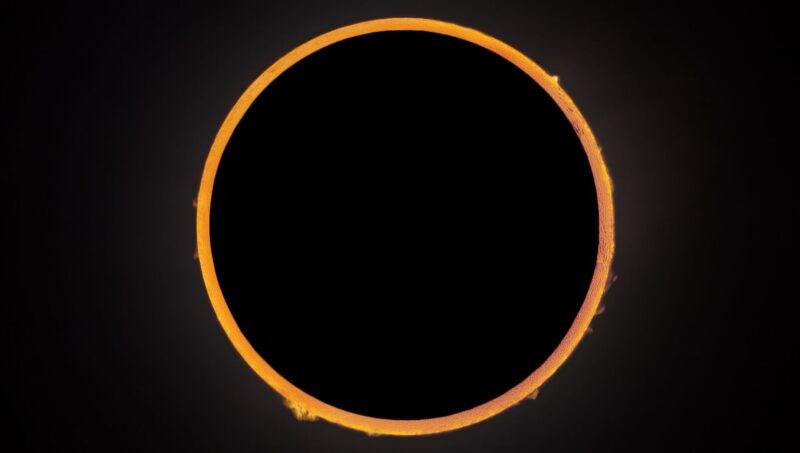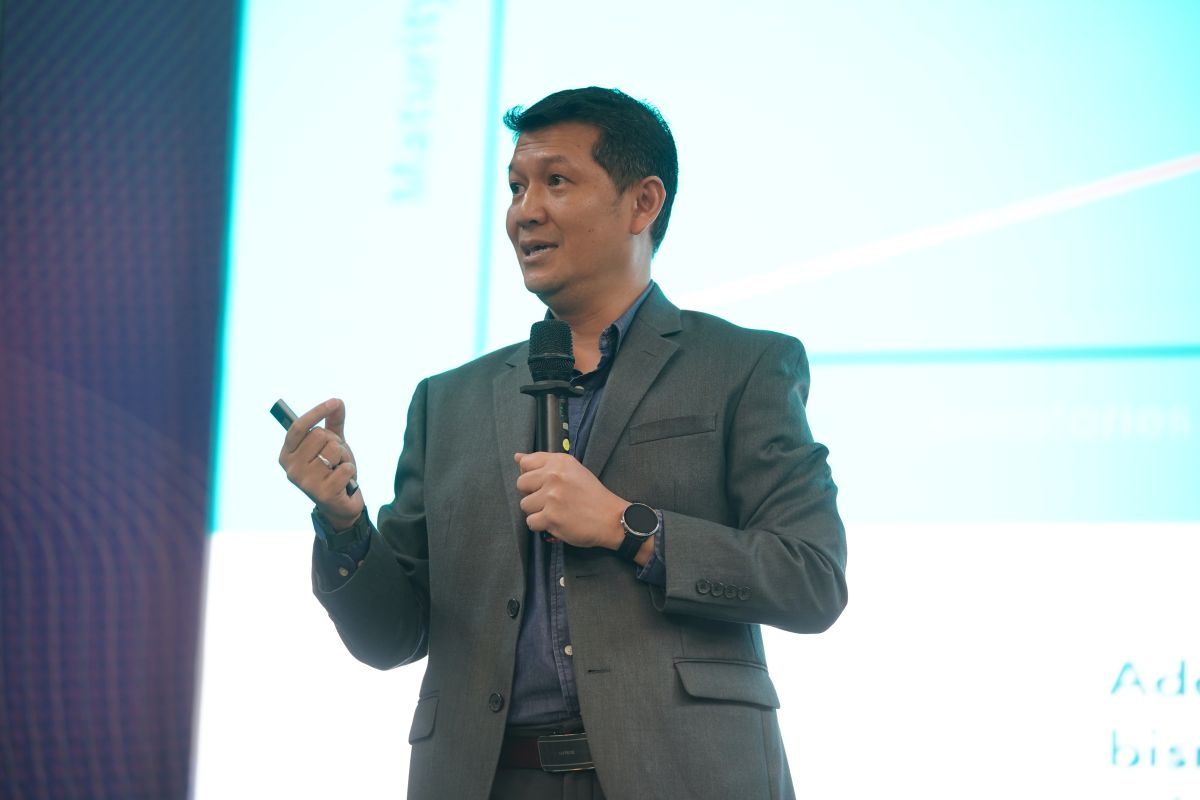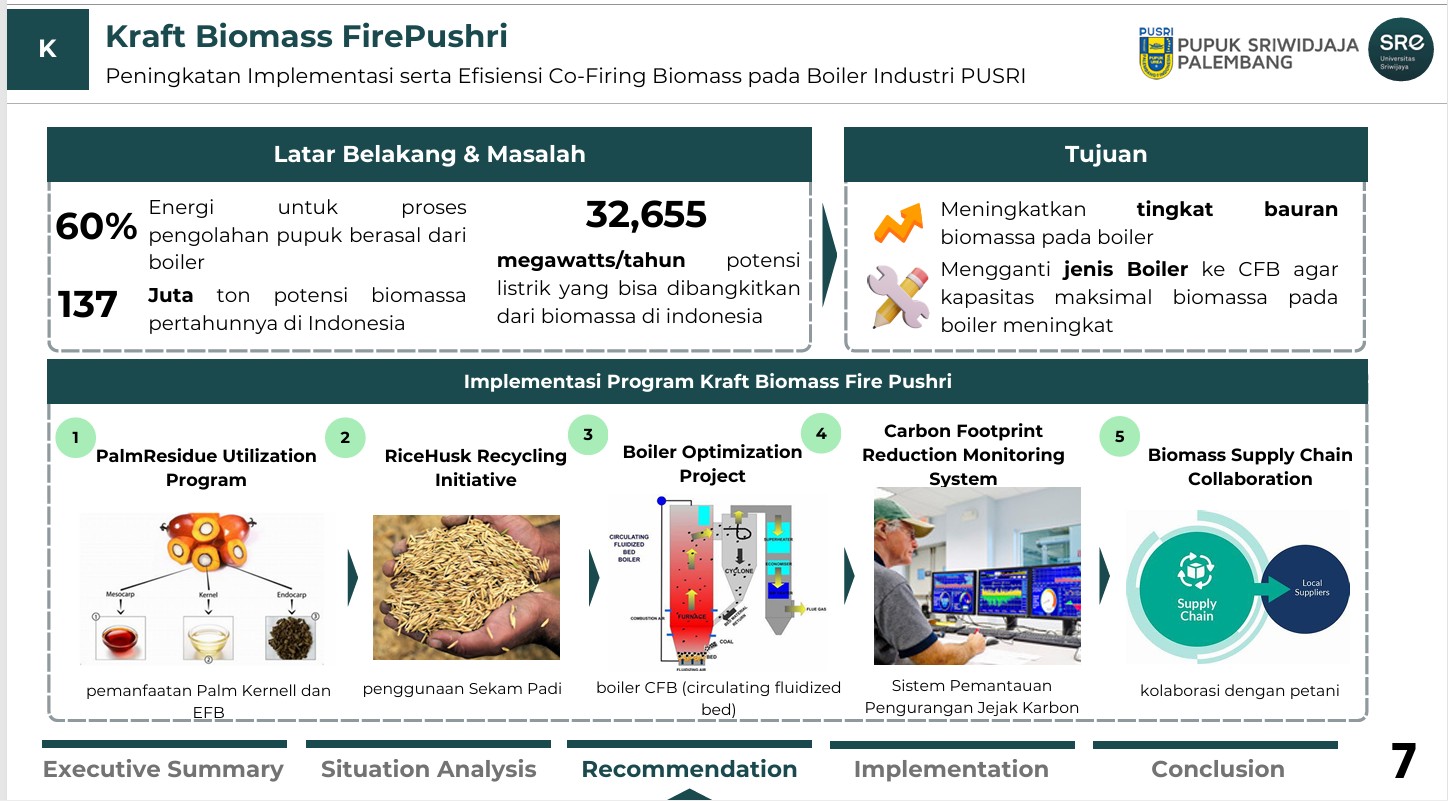Fertilizer Companies to Shift for Green Energy and to Support Decarbonization
By Adi Permana
Editor Adi Permana

*Source: freepik
BANDUNG, itb.ac.id–Many industry players have dived on the effort of decarbonization to restore environmental sustainability that was disturbed by climate change. Indonesia has committed to reach zero carbon emission, with the initial target of 29% greenhouse gas reduction by 2030.
The Undergraduate Program of Chemical Engineering, Faculty of Industrial Technology, Institut Teknologi Bandung held a guest lecture (Course TK4201) themed Chemical Engineering Professionalism Seminar with the topic of decarbonization and green energy business in Indonesia’s fertilizer industry, Friday (1/4/2022).
This lecture embraced the title “Enabling Sustainability of Pupuk Indonesia Group through Decarbonization Program and Green Energy Business.” Learning materials were delivered by the Main Director and the Business Development Manager of Pupuk Indonesia Inc., Ltd., Dr. Achmad Bakir Pasaman and M. Rozikin Busro.
The energy transformation effort has begun its development and implementation in Indonesia. Various renewable energy sources such as sunlight, wind, water, geothermal, and biomass were projected to replace fossil fuel. Reflecting on the situation of climate change, Pupuk Indonesia also participated in the decarbonization program.

To ensure the sustainability of fertilizer industry development, carbon reduction and surplus creation through circular economy must be embraced. Both can be attained through the use of renewable electricity, implementation of circular economy, improving efficiency, creation of supporting ecosystems, as well as carbon capturing. All of the above could be realized through creating a green industrial park.
“The decarbonization program we exercised has created an energy efficiency through the revamp process from 2021 until 2025. On the same timeframe, we will also develop carbon dioxide derivative products,” states Rozikin. Moreover, Pupuk Indonesia will develop the blue ammonia project from 2025 to 2030, green ammonia project from 2040 to 2050, and carbon capture storage from 2030 to 2040.
Reporter: Yoel Enrico Meiliano (Food Engineering, 2020)
Translator: Firzana Aisya (School of Life Sciences and Technoloy, 2021)



.jpg)

.jpg)


